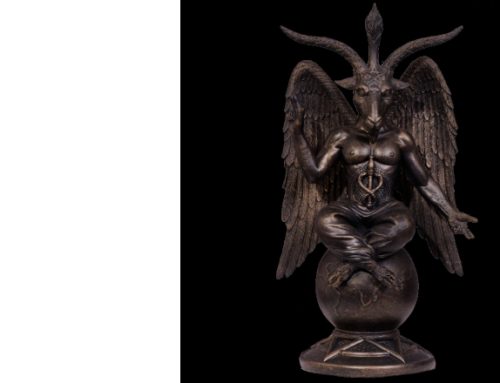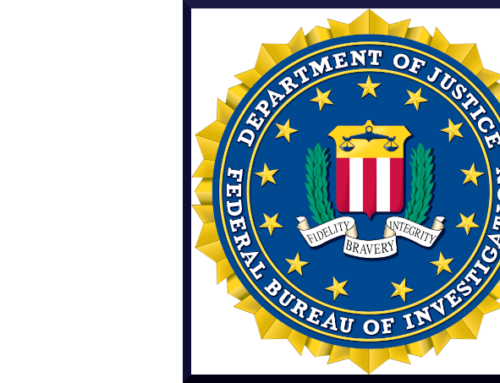Catholic League president Bill Donohue addresses an obituary on Bishop Robert Morlino:
The obituary in the Wisconsin State Journal on Bishop Robert Morlino, who led the Diocese of Madison, reeks of politics. He died on November 24 at the age of 71.
The reader gets a sense of the narrative about to be weaved by the headline, “Catholics Express Mixed Feelings As They Mourn Bishop Robert Morlino.”
It would be instructive to learn from the authors of this obit, Chris Rickert and Rob Schultz, the names of those deceased public persons who held a leadership post—in any walk of life—who did not have his share of critics, as well as fans. Yet how many obit writers would conclude that his death was received by the public with “mixed feelings”?
A leader leads: he is not engaged in a popularity contest. Morlino certainly was not. That is why one of the shots taken at him—questioning whether he was a good fit for Madison—is so lame. Like most college towns, Madison enjoys a very liberal reputation, so having a bishop who defends traditional moral values is precisely the right fit: Morlino came to challenge the conventional wisdom, not ratify it.
“Morlino quickly became a polarizing force after his installation on Aug. 1, 2003,” the obit says, “gaining a national reputation for vigorously opposing abortion and same-sex unions.” Why is he a “polarizing force” but his harshest critics are not? Are not those who condemn racism in a racist community a “polarizing force”?
Similarly, before Election Day in 2006, “he ordered all priests to play, without comment, a recorded message from him at Mass in which he voiced opposition to same-sex marriage, the death penalty and embryonic stem-cell research. Some parishioners walked out or stood with their backs to the altar when the message was played.” The real beef these parishioners have is with the teachings of the Catholic Church, not with Morlino, who was simply enunciating them.
The authors write that in August, Morlino “claimed that a homosexual subculture within the Catholic Church’s hierarchy is mostly to blame for the church’s ongoing sexual abuse scandal….” If there is anyone still out there who doesn’t believe this to be the truth, then he is ideologically blinded and living in a state of denial.
The obit fairly notes that under his watch, “more young men studied to become priests.” That is an understatement. Father Raymond de Souza, writing in the National Catholic Register, is more accurate. “For a small diocese of fewer than 300,000 souls,” he says, “Bishop Morlino attracted an abundance of priestly vocations, at one time nearly three dozen. In his 15 years as bishop he ordained more than 40 priests.”
That’s what a real leader does—he leads other good people to do the right thing. The people of Madison, Wisconsin were lucky to have Bishop Morlino. So were all of us—he was a national figure.







